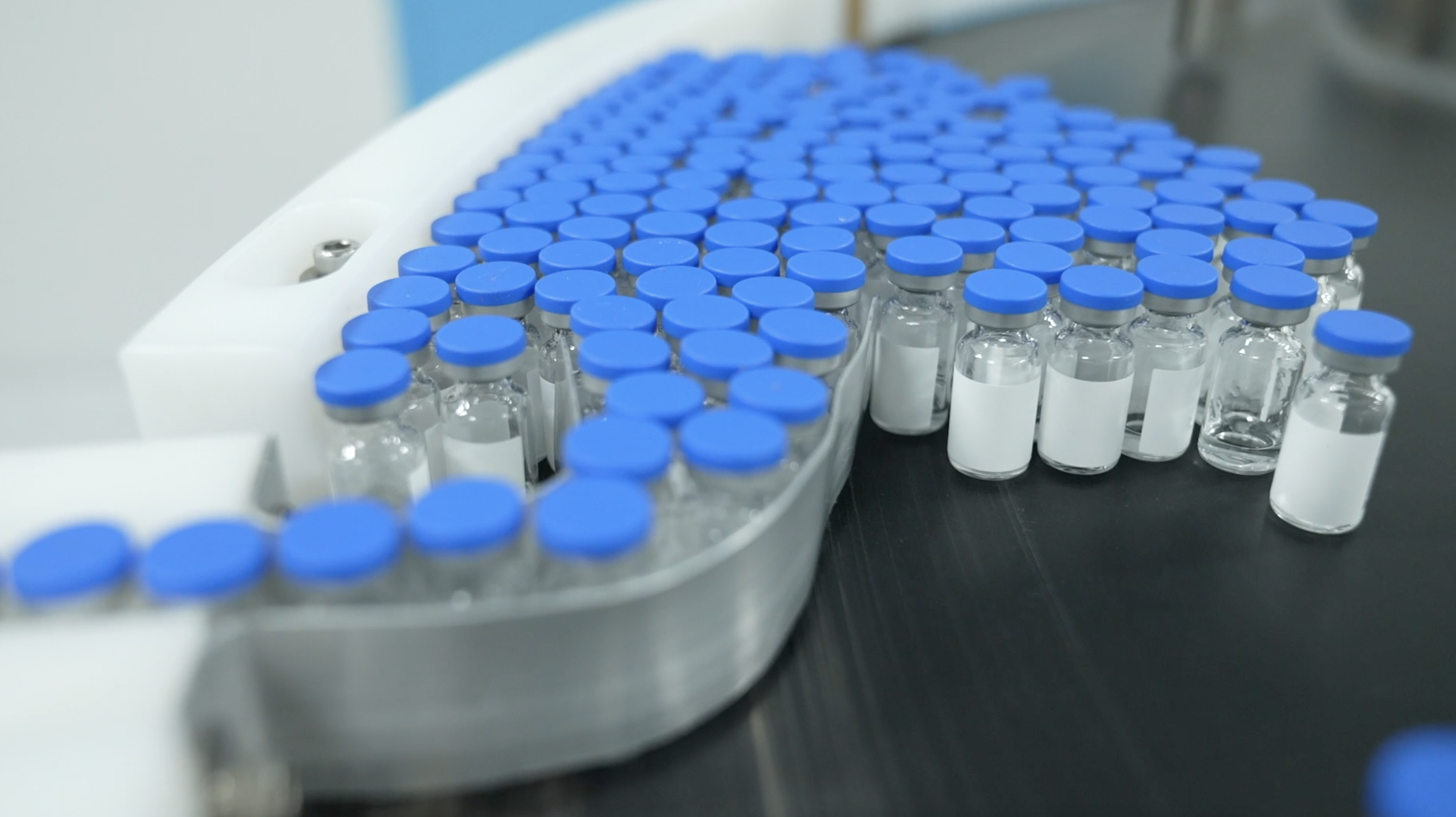02:32

A COVID-19 mRNA vaccine developed by a company in Shanghai was approved for clinical trials by China's Center for Drug Evaluation on Monday. With volunteers for the first phase of trials now selected, the company is preparing for the manufacturing of the vaccine.
Established in 2016, Stemirna Therapeutics is the first company in Shanghai to get approval for clinical trials of its experimental COVID-19 mRNA vaccine.
Phase-I clinical trials are being carried out among 120 healthy volunteers to evaluate the safety, tolerability and how the vaccine will react to the subjects. Volunteers will receive two shots with a 21-day interval in-between.
"Stemirna has developed two versions of mRNA vaccines. The first version targets the original wild-type COVID-19 virus. And now we are working on the second generation which targets the mutant of the COVID-19 viruses. Now we are doing phase one clinic phased one clinical trial in Jiangsu, China. In the meantime, we have finished a phase one trial in Laos, and we have almost done with the phase two clinical there," said Shen Haifa, chief technology officer of Stemirna Therapeutics.
Dr Shen said they got excellent safety profiles and immune responses during overseas trials.
The new vaccine is capable of targeting the D614G mutation contained in multiple variants of the novel coronavirus, including the Omicron strain, Shen said.
"Based on our pre-clinic study in mice and in non-human primates, we have observed very high titers of neutralizing antibody which bodes well in protection of infection. In human trials from the investigated in initiative trials, we also find high titers on the neutralizing antibody. We are very happy with that too. And now with the ongoing human clinic trials. We anticipate to see similar results," he said.
The company is gearing up for mass production of the new vaccine. Its facilities in Shanghai's Pudong New Area and Fengxian District can produce up to 400 million vials a year.

